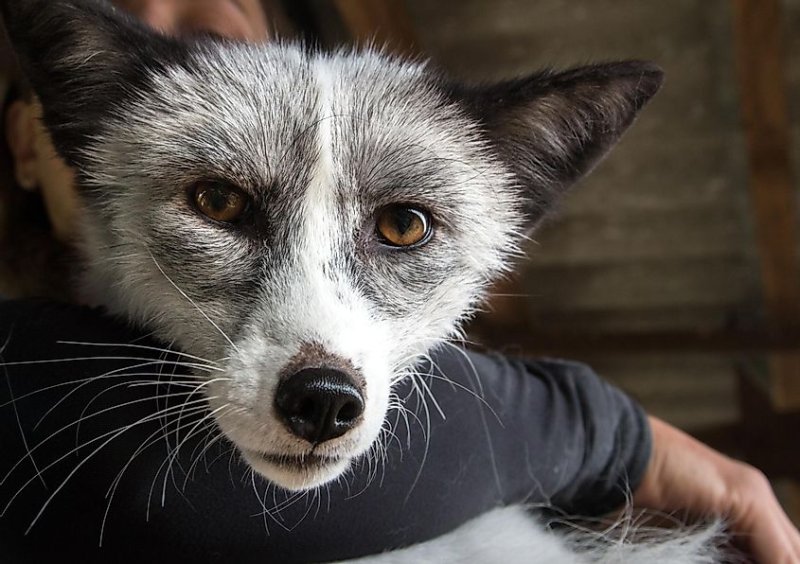Humans have a long history of domesticating animals, a process that has spanned thousands of years. Charles Darwin was the first to notice that domesticated animals, like cats, dogs and pet rabbits share certain traits in addition to ‘tameness’. Pets tend to have floppier ears and curlier tails than their wild ancestors. They also have smaller jaws and teeth, white patches on their fur and breed more frequently. This phenomenon is known as ‘domestication syndrome’.
Domestication syndrome may not be limited to just animals humans have deliberately bred either. The house mouse probably crept into its first pantry 15,000 years ago, according to a study by Lior Weissbrod, a zooarchaeologist at the University of Haifa in Israel. Weissbrod uncovered mouse teeth in settlements left by the Natufian culture of hunter-gatherers in the eastern Mediterranean from around this time.
Since then, the mouse has travelled to every corner of the globe, making its home wherever humans live. And there’s evidence that co-habiting with humans for so long has changed the very DNA of mice.































